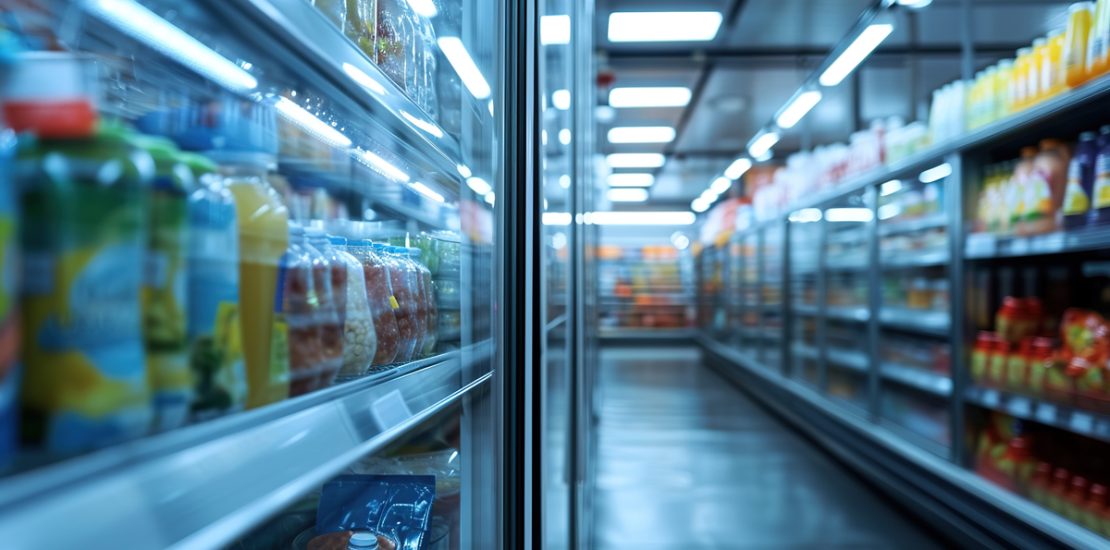Innovative Refrigeration Technologies that Prioritize Sustainability
- April 2, 2018
- Posted by: kat@chadsmedia.com
- Category: Refrigeration

Commercial DX (Direct Expansion) and Glycol/CO2 systems are two innovative refrigeration technologies that contribute to making refrigeration more sustainable. Each system has unique features and advantages that enhance energy efficiency, reduce environmental impact, and promote sustainability in commercial refrigeration.
1. Commercial DX Systems:
Commercial DX systems use a direct expansion cycle, where the refrigerant evaporates and condenses directly within the system. This technology offers several sustainability benefits:
- Energy Efficiency: Commercial DX systems often employ advanced compressor technologies and energy-efficient components, leading to reduced energy consumption compared to traditional systems. The direct expansion cycle minimizes energy losses associated with additional heat exchange steps.
- Quick Cooling: DX systems are known for their rapid cooling capabilities, allowing for efficient temperature control and minimizing the need for extended runtimes. This can contribute to energy savings and reduced overall environmental impact.
- Lower Refrigerant Charge: DX systems typically require a lower refrigerant charge compared to other systems, reducing the potential for refrigerant leaks and minimizing the environmental impact of refrigerant emissions.
- Modularity and Scalability: DX systems are modular and scalable, allowing businesses to adapt and expand their refrigeration capacities as needed. This flexibility supports efficient space utilization and avoids over-sizing, which can lead to unnecessary energy consumption.
2. Glycol/CO2 Systems:
Glycol/CO2 systems combine the use of carbon dioxide (CO2) as the primary refrigerant with a secondary loop of glycol (antifreeze) for heat exchange. This innovative approach offers sustainability benefits in several ways:
- Natural Refrigerant: CO2 is a natural refrigerant with a low global warming potential (GWP), making it an environmentally friendly alternative to synthetic refrigerants like HFCs (hydrofluorocarbons). By using CO2, glycol/CO2 systems contribute to mitigating climate change.
- Energy Efficiency: The combination of CO2 and glycol allows for efficient heat transfer and temperature control. The dual-loop design enables precise temperature management in refrigerated spaces while maximizing energy efficiency.
- Waste Heat Recovery: Glycol/CO2 systems can be designed to recover waste heat generated during the refrigeration process. This recovered heat can be repurposed for space heating or other applications within the facility, further improving overall energy efficiency and reducing the carbon footprint.
- Reduced Refrigerant Leaks: The use of glycol as a secondary loop minimizes the risk of refrigerant leaks. Additionally, glycol acts as a heat transfer medium, enhancing the system’s overall performance.
Conclusion:
Commercial DX and Glycol/CO2 systems represent advancements in refrigeration technology that prioritize sustainability. These systems offer energy-efficient solutions, use environmentally friendly refrigerants, and contribute to minimizing the environmental impact of commercial refrigeration operations. As businesses increasingly prioritize sustainability, adopting these technologies can lead to cost savings, regulatory compliance, and a positive brand image.
